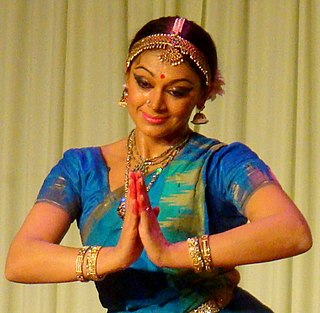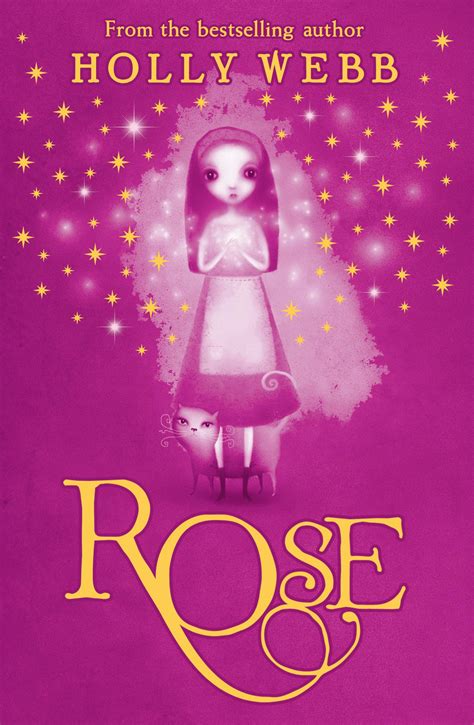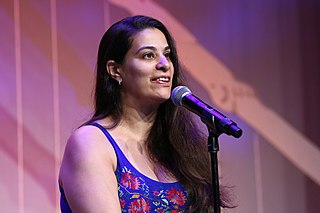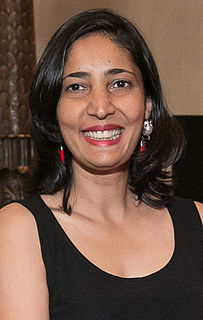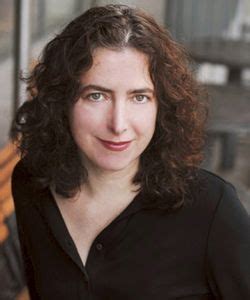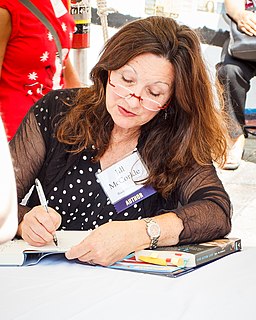A Quote by Nora Ephron
All I do when I write scripts is think about food: 'Have I worked long enough to justify a walk to the kitchen?'
Related Quotes
Food became the antidote for feelings of guilt, sadness, and anger. ... Food is a resolution to controversy; food is rescue. We ate and talked and cried and laughed in the kitchen and ate again. This was about more than just food. It was about our mom making connections the best she could and in the way she knew best across the kitchen table, across time and across sadness.
In a global race, can we really justify the huge number of expensive peripheral European institutions? Can we justify a commission that gets ever larger? Can we carry on with an organisation that has a multibillion pound budget but not enough focus on controlling spending and shutting down programmes that haven't worked?
I think the thing that I think about the most when I consider my father's philosophies is attaining that third stage of performance where you no longer have to think about what you're doing; you've worked long and hard enough to be able to have your body respond when you want it without your mind getting in the way.
Sometimes touring can warp reality because you're never in one place long enough to get a feel for it. You don't interact with people long enough to know what real life is. That's why a lot of artists write songs about longing and missing people when they're on the road. I do my best to keep my mind open and I read a lot when I'm on tour, so I hope I have good things to write about. I'm constantly in the songwriting process.
I wrote lots of scripts that never got made and they were terrible. I thought they were good at the time. You can't write two scripts and expect your career to take off. Keep writing. Be you. Be original. A lot of people go for a genre, which is fine if you can do that really well, but we all have such layered histories. We all come from a unique background. Write about your past, write about you. Or make stuff up, but make it about something that really matters.

